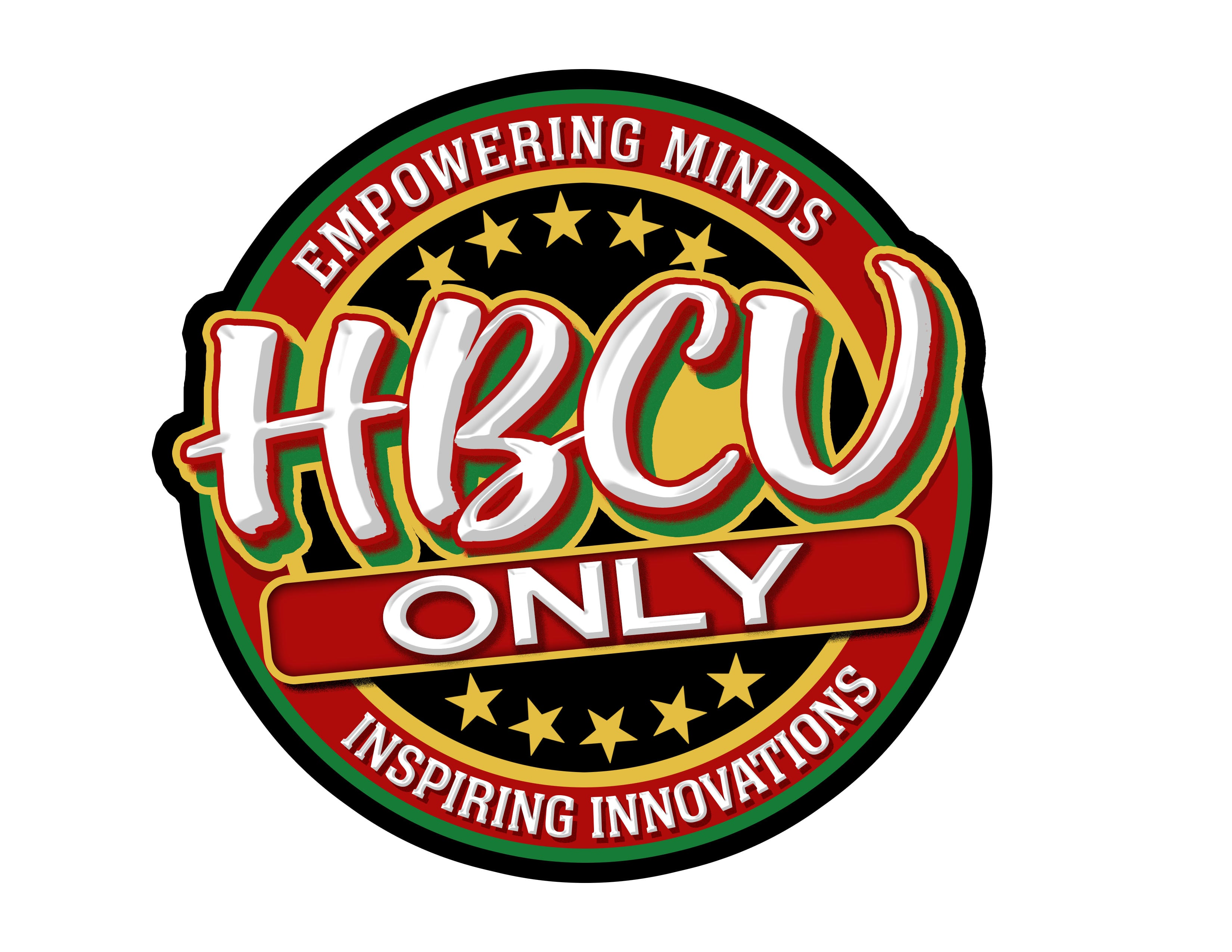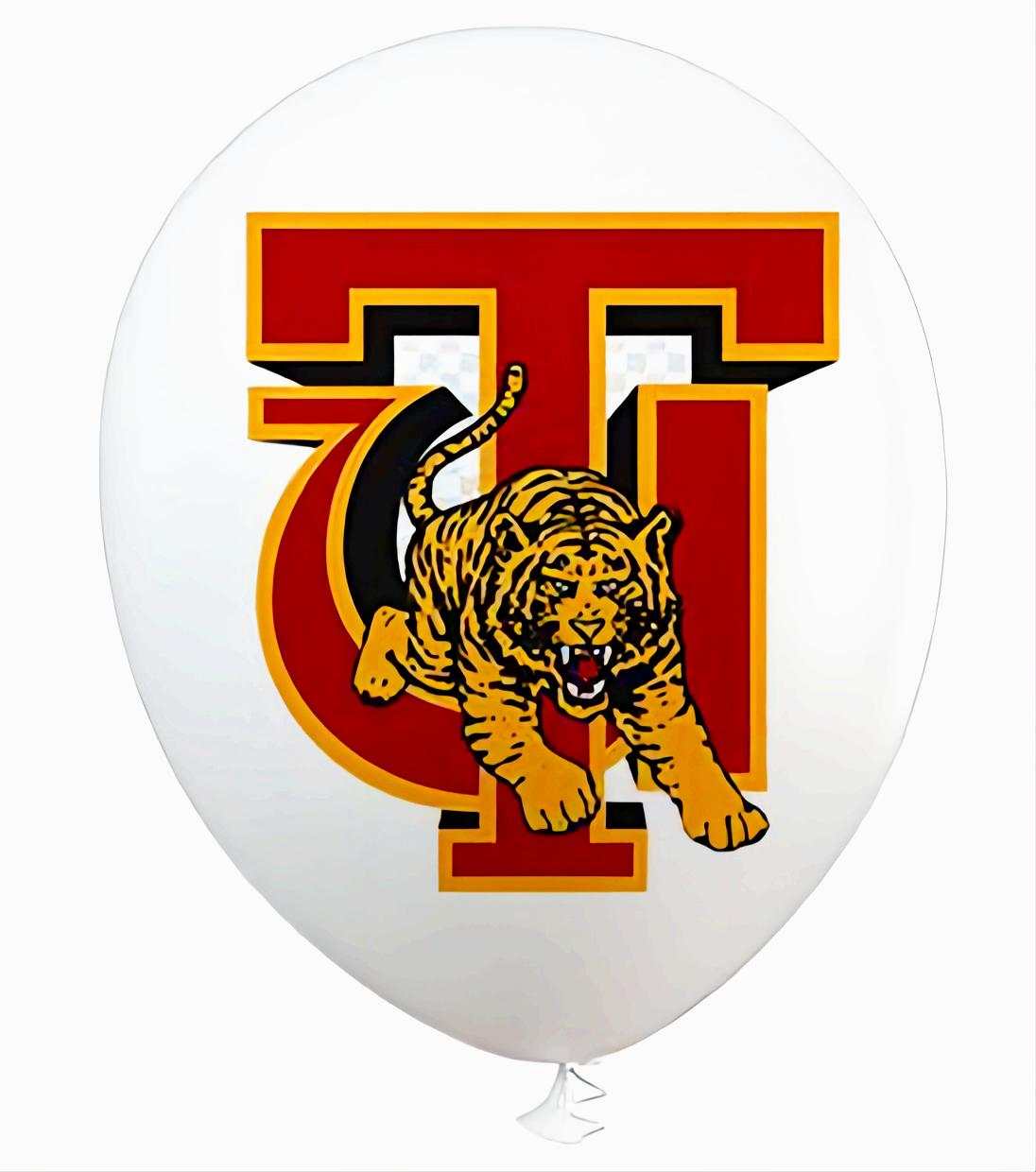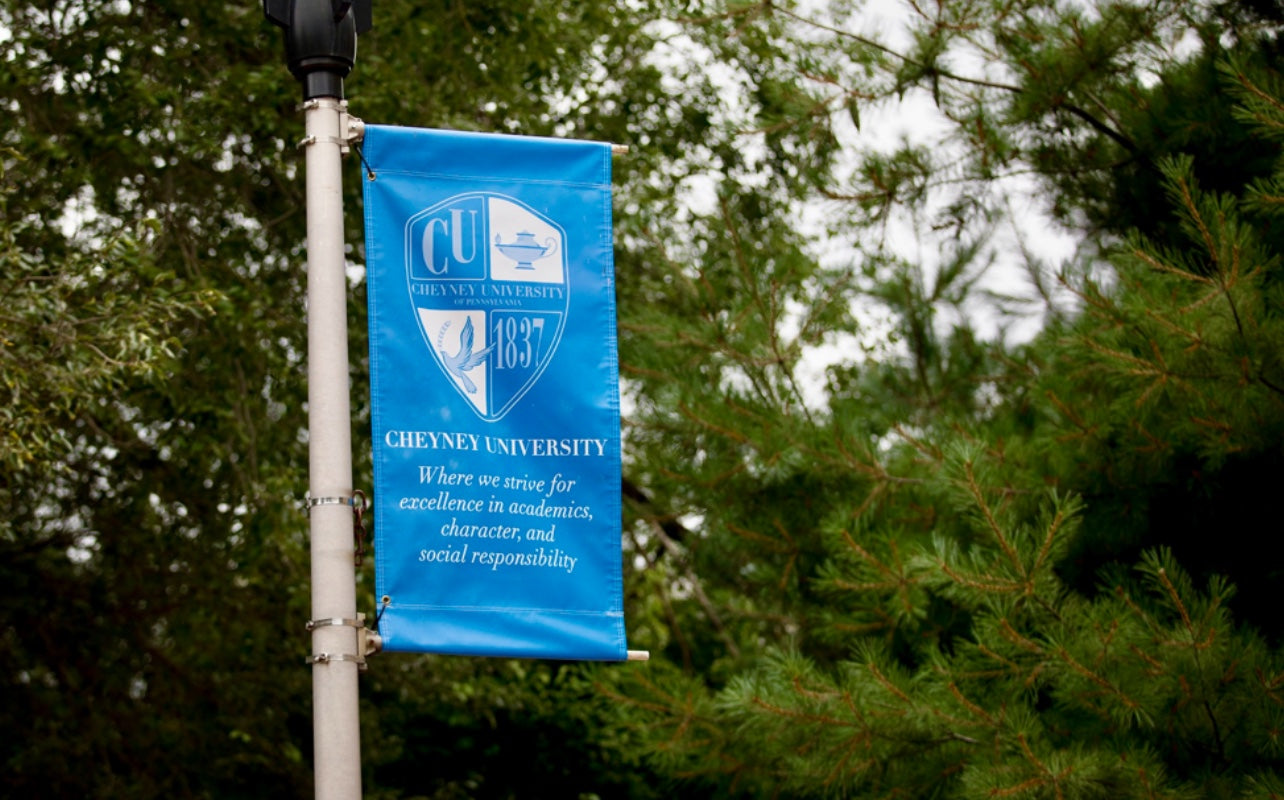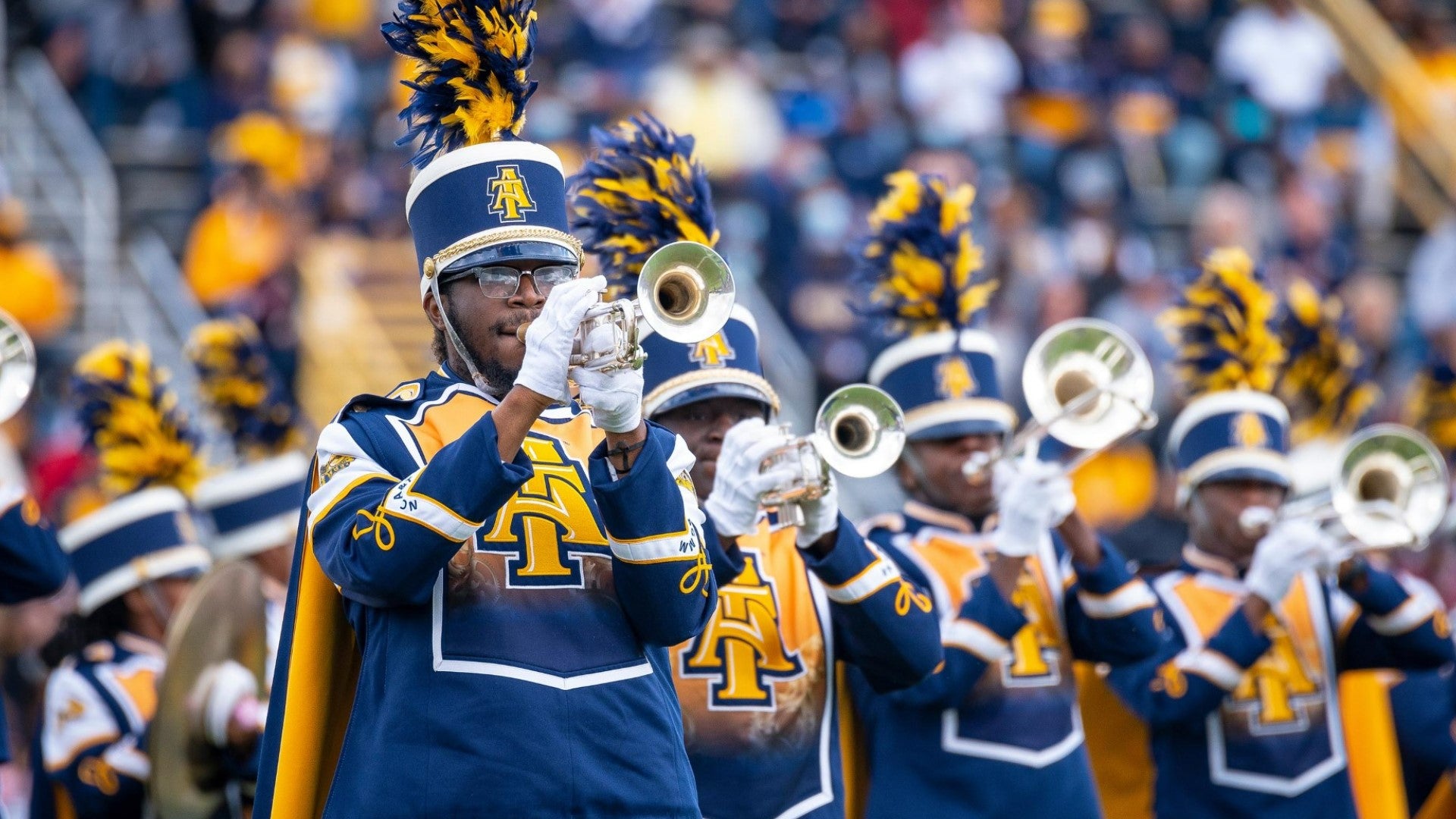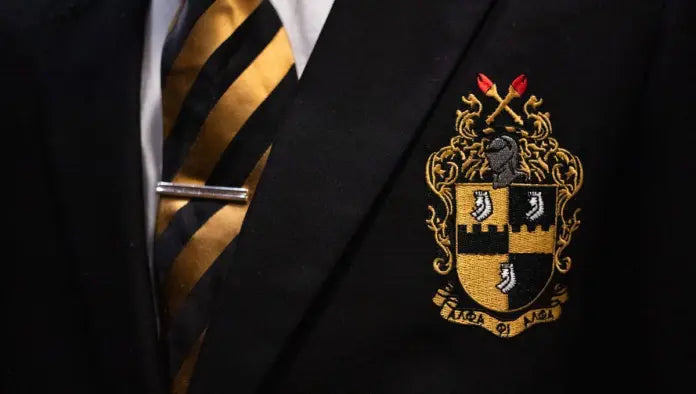
Alpha Phi Alpha Considers Membership Restrictions

Alpha Phi Alpha Fraternity, Inc., is currently debating a significant amendment to its constitution that could exclude transgender men from joining, potentially making it the first Black Greek-letter organization to impose such a restriction. This proposed amendment was discussed during the fraternity's recent Constitutional Convention held in Chicago.
Restrictions Spark Debate Among Members
The amendment specifically seeks to restrict membership to individuals who are "naturally born male" and who consistently identify as male. This move has sparked a considerable backlash within the fraternity, with members expressing concerns over its discriminatory nature and potential political motivations.
Critics within the organization, including Deandre Miles-Hercules, a self-identified gender-creative member, have vocally opposed the amendment. Miles-Hercules criticized the move as "reactionary, asinine, and unbecoming," especially for a fraternity that boasts civil rights leaders like Thurgood Marshall and Martin Luther King Jr. among its alumni.
Generational and Moral Divide Within the Fraternity
The proposal has highlighted a generational and ideological split within the fraternity, with younger, more progressive members clashing with a traditionally older, more conservative leadership. This internal conflict reflects broader tensions about conservatism and the pace of change within such storied institutions.
Despite the lack of formal acknowledgment from the fraternity's national leadership regarding LGBTQ+ inclusivity and rights, grassroots efforts and individual members continue to push for more acceptance and recognition within the fraternity. The debate around this amendment serves as a focal point for broader discussions on the role of traditional organizations in contemporary social issues.
Continued Advocacy for Inclusivity
As Alpha Phi Alpha grapples with these challenges, the discussion extends beyond its own membership, reflecting on how Black Greek-letter organizations, in general, address evolving understandings of gender and inclusivity. The outcome of this amendment will likely influence the fraternity's identity and its position within both the Black community and the wider society.
The blog post closes with a reminder of the ongoing struggle for LGBTQ+ inclusion within the Divine Nine and other Black Greek-letter organizations, underscoring the importance of aligning historical legacies with contemporary values.
